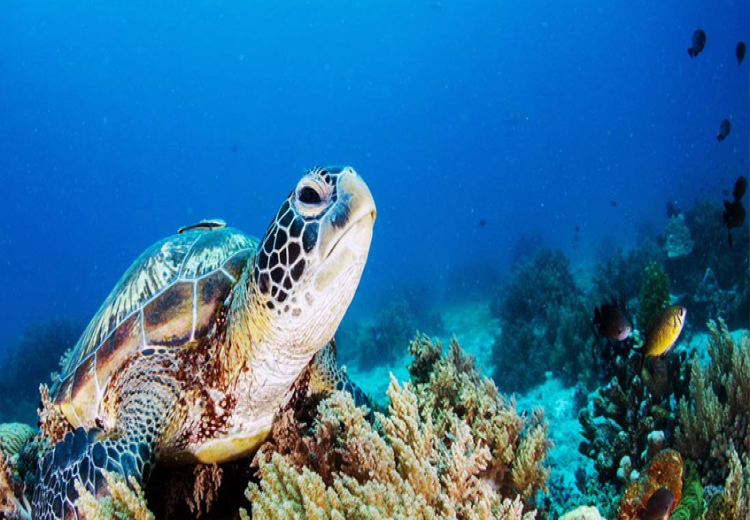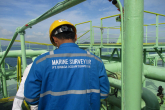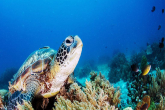Marine Scientist
• Oceanography
• Marine Biology
• Marine Chemistry
• Marine Geology
• Marine Ecology
• Remote Sensing
Key tasks:
Marine Scientists may work in the field, in an office or on a sea going vessel/floating laboratory. They may undertake experiments and research, collecting samples at sea and keeping up to date with scientific developments. Similar to marine biologists they will need to record, analyse and interpret data, use tracking technology and be able to write everything up into reports and research papers.
The key tasks of marine scientists can vary widely based on their specific area of expertise within the field. However, here are some common key tasks associated with marine scientists:
• Research Design.
• Data Collection.
• Laboratory Analysis.
• Remote Sensing.
• GIS and Mapping.
• Oceanographic Instrumentation.
Entry requirements/training:
To get into a Marine Science Diploma course you will need a minimum APS Score: ECP 28 and Mainstream 30.
• English 4, Mathematics 4, Physical Science 4
• At least 50% (4) in any 3 other subjects except Life Orientation.
• At least 45% (3.5) for Physical Science or Mathematics provided they score at least 50% (4) in one of these.
There are lots of different opportunities open to you as a Marine Scientist because it is a broad field of study. You will need to decide what areas of marine science you are interested in and pursue further studies in that area by taking short courses or going on to complete a university degree course. Marine Scientists work for laboratories, government agencies, research organisations, engineering companies, fisheries, marine conservation groups and coastal management organisations.
Associated job opportunities:
Marine scientists can find a range of job opportunities across various sectors, including academia, government agencies, non-profit organizations, consulting firms, and industry. Here are some associated job opportunities for individuals with a background in marine science:
• Research Scientist
• Oceanographer
• Marine Biologist
• Marine Ecologist
• Aquatic Scientist
• Environmental Consultant
• Science Communication Specialist




